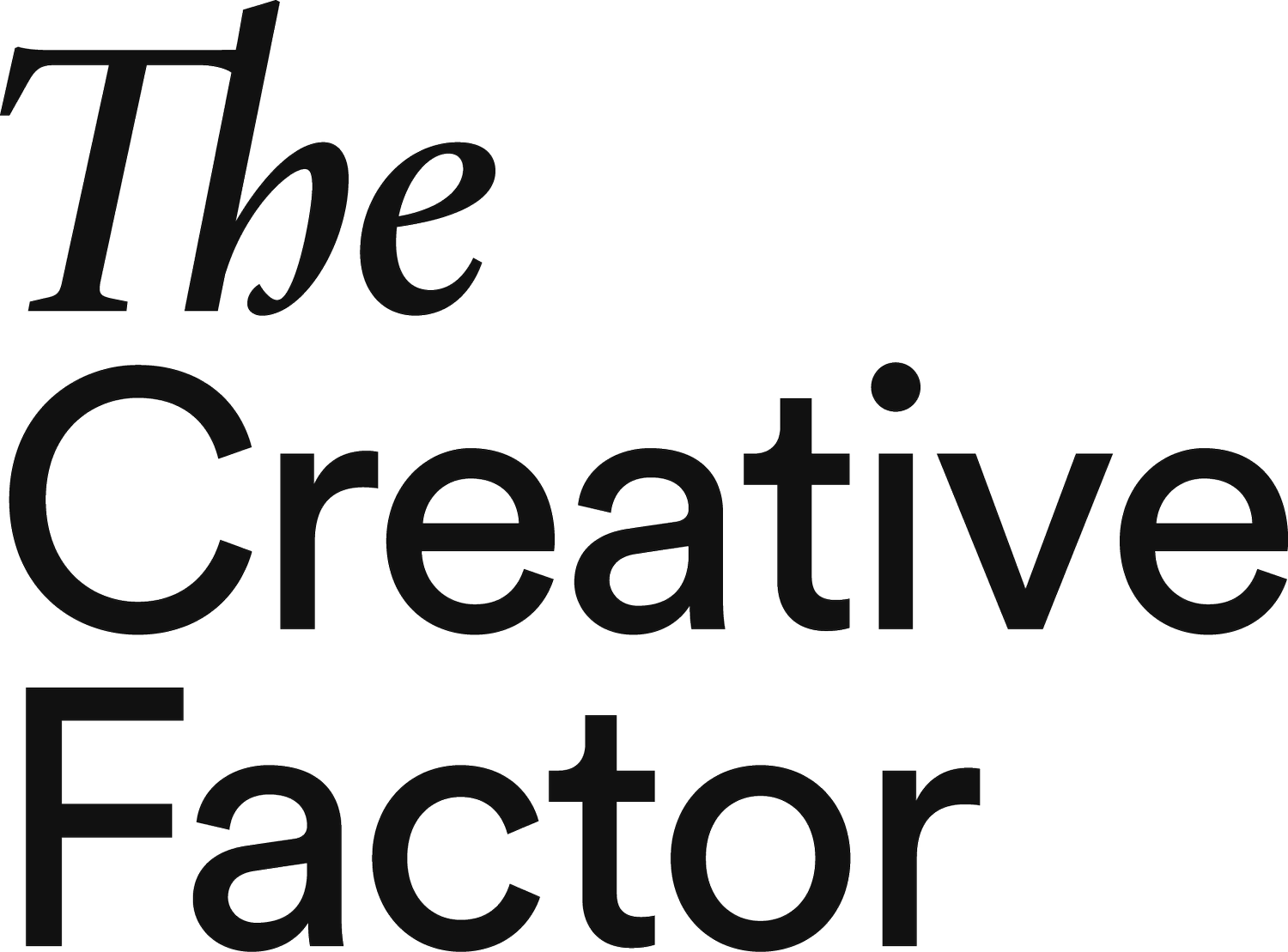The OffBeat Book Report: Four Thousand Weeks, Time Management for Mortals
Oliver Burkeman helps us make the most of our time on this planet. Image: c/o Oliver Burkeman.
The OffBeat founder Allison Stadd’s taste in books is eclectic. After all, curiosity—the engine of creativity—is linked to exploration of the unknown. Almost every book she reads—whether business, history, biography, psychology, and more—leaves her with takeaways she applies to her creative career and work. “The best inspiration, no matter your line of work or the shape of your personal life, comes from surprising sources,” says Stadd, who is shaped by her experience as a jazz drummer and has led marketing teams for Shake Shack, AB InBev, and now Target’s delivery service Shipt.
Since her premise for The OffBeat mirrors The Creative Factor’s ethos of pulling ideas from anywhere and using them to shake up the status quo, Stadd graciously agreed to share a monthly guest column where she highlights one of the 2,359 books on her reading list (yes, you read that number correctly) and shares three unconventional lessons she will incorporate into her craft and career.
This month, she dives into Four Thousand Weeks: Time Management for Mortals by Oliver Burkeman.
Allison Stadd reads just about everything and shares how she applies the learnings to her work. Image c/o Allison Stadd.
There was a period in 2021 when everyone—friends, newsletter writers whose recommendations I trust, Bookstagram—was recommending Oliver Burkeman’s book about time management. Its khaki and neon yellow cover was everywhere. I consistently dismissed it as yet another trite self-help book, and had recently slogged my way through David Allen’s Getting Things Done so wasn’t in the market for another dry productivity read.
How wrong I was.
Oliver Burkeman’s writing is special (he’s got that inimitable dry British wit), and his thinking is even more so. I’ve become a devotee, and it started with three concrete takeaways from this (begrudgingly) justifiably smash-hit book.
OffBeat Takeaway 1: Treat your "to read" pile like a river, not a bucket.
Before Burkeman thrust it in my face, I honestly never confronted the fact that it’s going to be impossible for me to read all the books I want to read in my lifetime. As it stands, my GoodReads “Want to Read” list is 2,359 strong and I add at least a few dozen each year. Add to that the facts that 1) fairly often, I read a book not on this list because it was an ad hoc recommendation or caught my eye at the library or bookstore, and 2) my yearly book quota has been diminishing due to full-time work and parenthood, and I’m toast.
Realizing, and accepting, that my “to read” wish list is like a flowing stream from which I pick selections here and there, as opposed to a bucket with a bottom, is freeing. There’s no end to seek. Same with the rest of my wish lists—dream destinations, topics to become well-versed in, even life goals. As Burkeman puts it,
“There's no point beating yourself up for failing to clear a backlog (of unread books, undone tasks, unrealized dreams) that it was always inherently unfeasible to clear in the first place. I like to think of it as the productivity technique to beat all productivity techniques: finally internalizing the implications of the fact that what's genuinely impossible—the clue is in the name!—cannot actually be done.”
OffBeat Takeaway 2: Decide where you’re going to underperform.
Burkeman encourages strategic underachievement—in other words, shifting focus away from areas of life that fall lower on the priority list during a period of time. For example, in 2022 I started a new job around the same time as I moved cities. Balancing those big life changes while parenting a one-year-old meant I could have saved myself cognitive load by accepting that right then I just wasn’t going to achieve, say, my goal of developing a daily meditation habit. I’ve long self-identified as an ambitious perfectionist with wide-ranging creative interests. Burkeman, who refers to himself as a recovering perfectionist, has gently introduced me to the reality that I’m going to need to underperform on certain things at certain times. Doing so deliberately makes it tolerable.
OffBeat Takeaway 3: Accept that your creations will be less than perfect.
A lot of Burkeman’s book centers on the concept that human standards are impossible to meet. Freedom lies on the other side of accepting the infeasibility of perfection.
“We fail to see, or refuse to accept, that any attempt to bring our ideas into concrete reality must inevitably fall short of our dreams, no matter how brilliantly we succeed in carrying things off—because reality, unlike fantasy, is a realm in which we don’t have limitless control, and can’t possibly hope to meet our perfectionist standards. Something—our limited talents, our limited time, our limited control over events, and over the actions of other people—will always render our creation less than perfect.”
Starting, completing, and feeling fulfilled by creative work—anything from a piece of fiction to a brand strategy deck—requires acknowledgement and toleration of imperfection. I’m taking this with me into both my work life and personal life; my quest for liberation from perfectionism continues.
In fact, each of these takeaways around the boundaries of human possibility flexes across the personal and professional. For creative people it’s often hard to distinguish between the two spheres anyway—which is a big part of what makes our cultural and commercial contributions so meaningful.
And what better way is there to spend our 4,000 weeks?
Find more smart, unconventional insights from Allison at The OffBeat. Subscribe today.


